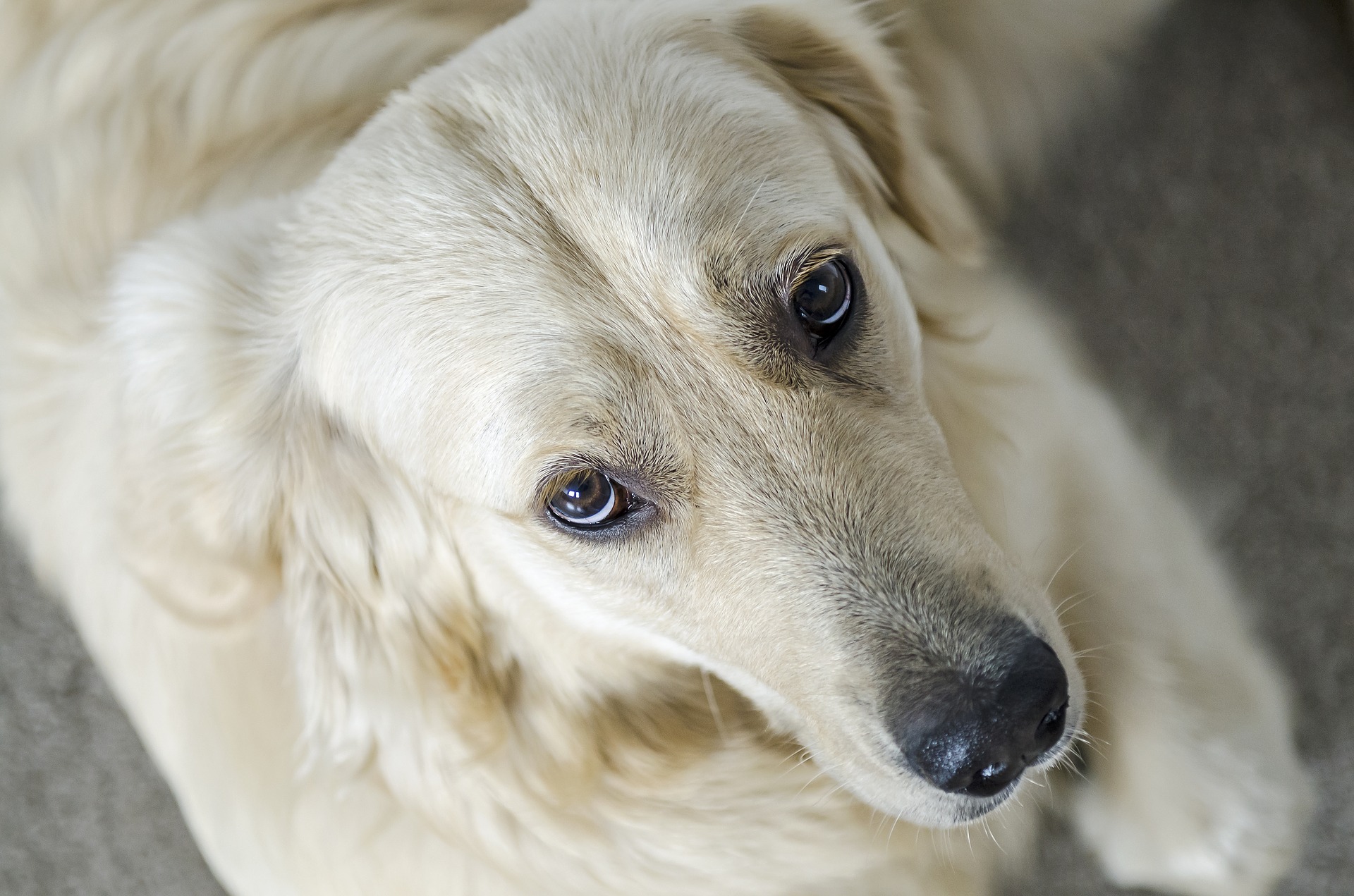
05 Nov 5 Signs Your Dog has a Tooth Infection
Periodontal disease is one of the most common afflictions seen in companion pets. Teeth and the tissue that surrounds them (gingiva, tooth socket, etc.) can easily become infected. Daily oral home care in the form of tooth brushing, oral rinses, and dental treats are helpful to ward off periodontal disease. As with humans, teeth must be kept clean to remain healthy and prevent dental disease and dog tooth infection.
Dogs start with 42 teeth (incisors, canines, premolars, and molars.) However, by the age of 3 most dogs have experienced dental disease or tooth infection that ultimately requires an extraction. Five common signs that indicate a dog tooth infection may be present include:
- Oral discomfort or a toothache. Dental disease is painful! However, many dogs will never show outward signs of pain. To show pain is to show weakness and be more susceptible as prey, even though they may not have active predators in their environment.
- Bad breath. Dental infections frequently cause halitosis (bad breath). This is easily the most common complaint from dog owners when their pet is dealing with dental disease.
- Drooling. Drooling may occasionally be observed in dogs with dental infections, but this is typically more common in cats.
- Decreased appetite. Some dogs will have a decreased food intake or simply eat their food more slowly when they are dealing with a dental infection. However, many dogs have a normal appetite when they have dental infections. Their natural survival instincts are so strong, they simply will not give up their desire to eat.
- Facial swelling. Facial swelling is occasionally observed with infections in the upper jaw (maxilla) and should be evaluated as soon as possible by your veterinarian. Some dental infections of the upper jaw will even lead to signs of upper respiratory disease due to the close proximity of upper jaw teeth to the nasal passages.
It’s key to remember that most dogs have some form of dental disease and infection by the age of 3 years or sooner, but more often than not, they show no outward signs of infection and pain. This fact emphasizes the need for regular dental care that is guided by your veterinarian.
Oral health is vital for the overall digestive health, respiratory health, and vitality of dogs. Infected teeth are painful and contribute negatively to the pet’s overall health. Call us today at Animal Dental Care & Oral Surgery (with a new office in Loveland) to schedule an appointment to discuss your pet’s oral health needs.
Does your dog have a tooth infection in Castle Rock, Colorado Springs or Loveland, CO?
Contact us today at (719) 536-9949!
Image by Agata Nyga from Pixabay (11/6/2019)

